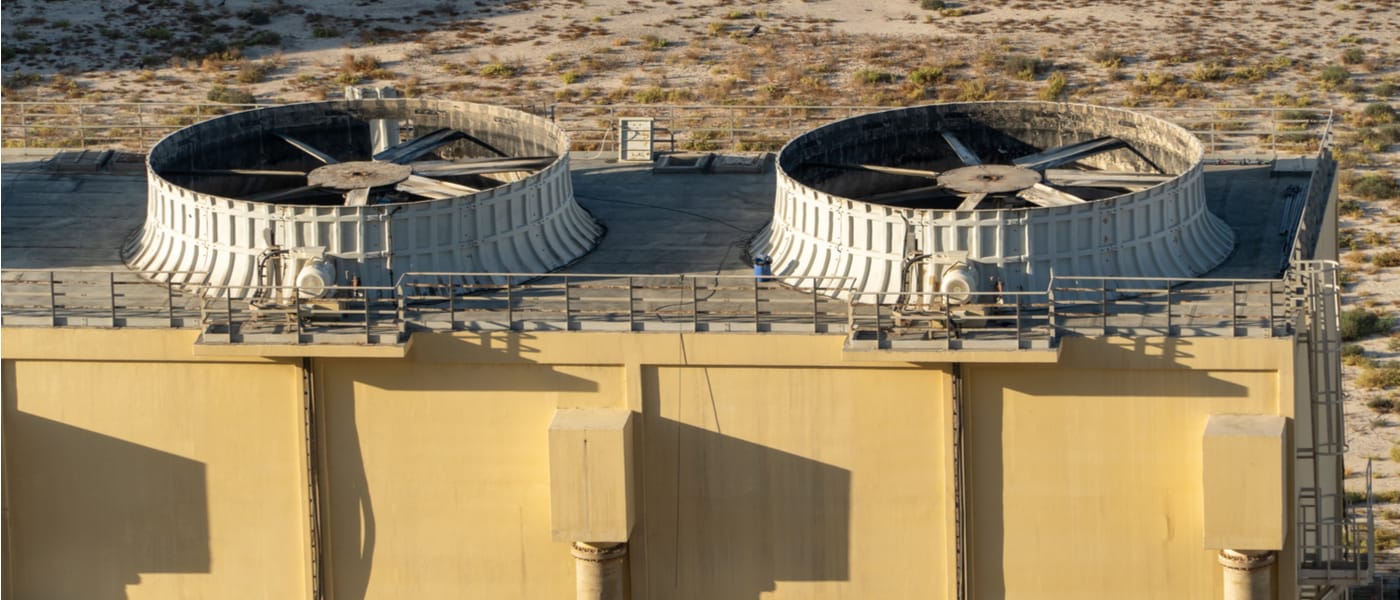Signs to Look out for to Replace Your Commercial HVAC System
Unfortunately, commercial HVAC systems don’t last forever. They have a useful lifespan, and once that is over you need to replace your system altogether. When it comes time to replace your commercial HVAC system, it’s important that you do so as soon as possible. This can help avoid an uncomfortable or even dangerous setting for customers and employees alike!
Here are a few signs that you should look out for to recognize when it’s time to replace your commercial HVAC system.
Age of the appliance
One of the best ways to determine whether you should replace or maintain your HVAC system is by determining how old it is. Over time, all HVAC systems become less efficient. If your system is more than 15 years old and you notice that it needs frequent repairs, or if your utility bills are higher than usual, it is a good idea to consider replacing the system. Newer units are much more energy-efficient than older models, which means they will allow you to lower your utility costs.
Too many repairs
Repair costs are rising:
- You’ve noticed a spike in repair costs for your system lately.
- The cost of repairing your unit is higher than the value of your system.
- You’re experiencing frequent downtime.
These expenses mean it might be time to replace your HVAC system:
- Your system isn’t as efficient as it used to be, resulting in higher energy bills.
- Your comfort level during extreme weather has dropped in recent months. If you need more information about when to replace your business’s HVAC system, contact us today to speak with one of our experts! We can help you determine whether replacing or repairing your commercial HVAC system is the best choice for you and your company.
Strange smells or sounds
- Smells: They’re not only unpleasant, but they can be harmful to the health of your employees and customers. If you notice a strange smell coming from your unit, it could indicate that there is a gas leak. Should that be the case, contact your utility provider immediately and leave the premises until they have confirmed that the area is safe. Other smells to keep an eye out for are musty odors, which could indicate mold developing in or around your HVAC system.
- Sounds: If you can hear noises coming from your commercial unit when it’s running—or if it makes any sound at all—then you should bring in an HVAC technician as soon as possible. Even if you don’t know what the problem is yet, trust us when we say that ignoring the issue will only make matters worse (and more expensive).
Rising energy bills
- Rising energy bills may indicate that your HVAC system is wearing down.
- If you notice a gradual rise in your energy bill, it may be time to have a professional inspect your HVAC system. Depending on the age and condition of your current furnace, it may be time to replace it.
Poor temperature control
If you find that your facility’s temperature is inconsistent, then your HVAC system could be nearing the end of its lifespan. Modern heating and cooling systems can automatically regulate the temperature, so you should never have to worry about whether or not it’s working properly. However, if your HVAC unit is aging, it may not be able to keep up with the temperature in the room. If the room is too hot or too cold when no one has changed the thermostat settings, then your system may not be functioning properly.
New needs and standards
The American Society of Heating, Refrigerating and Air-Conditioning Engineers (ASHRAE) Standards Committee sets new standards for energy efficiency, safety, indoor air quality and noise level every three years. If your system isn’t meeting those new standards, you could be wasting money on utility bills.
- Energy efficiency: The Department of Energy sets minimum energy-efficiency requirements for commercial HVAC equipment. Newer units are also more likely to have a higher seasonal energy efficiency ratio (SEER) than older ones. This rating indicates the amount of cooling output provided by the unit per watt of electricity it uses. Higher SEER ratings mean lower utility bills and a system that’s better for the environment.
- Environmental protection: Many states now require certification in refrigerant handling before companies can replace or repair their air conditioners. This ensures that old refrigerants are safely removed from the old unit so they don’t leak into the atmosphere during disposal
There are telltale signs to look out for when your commercial HVAC system is nearing the end of its life.
The signs that your commercial HVAC system is reaching the end of its life are fairly obvious. This appliance has been in use for a long time. It may have taken on more and more repairs as it ages, and its performance has become less and less reliable over time. The chances of this system not working correctly anymore go up with each repair.
- Every time you turn it on, this system gets warmer
- You have to keep the thermostat at a certain temperature all the time, even when you’re not there
- The filter needs to be cleaned every month or two
- The filter seems to always get clogged up or is too dirty
- Your HVAC contractor wants you to replace your whole cooling unit with a new one but replacing just one component can fix the problem
